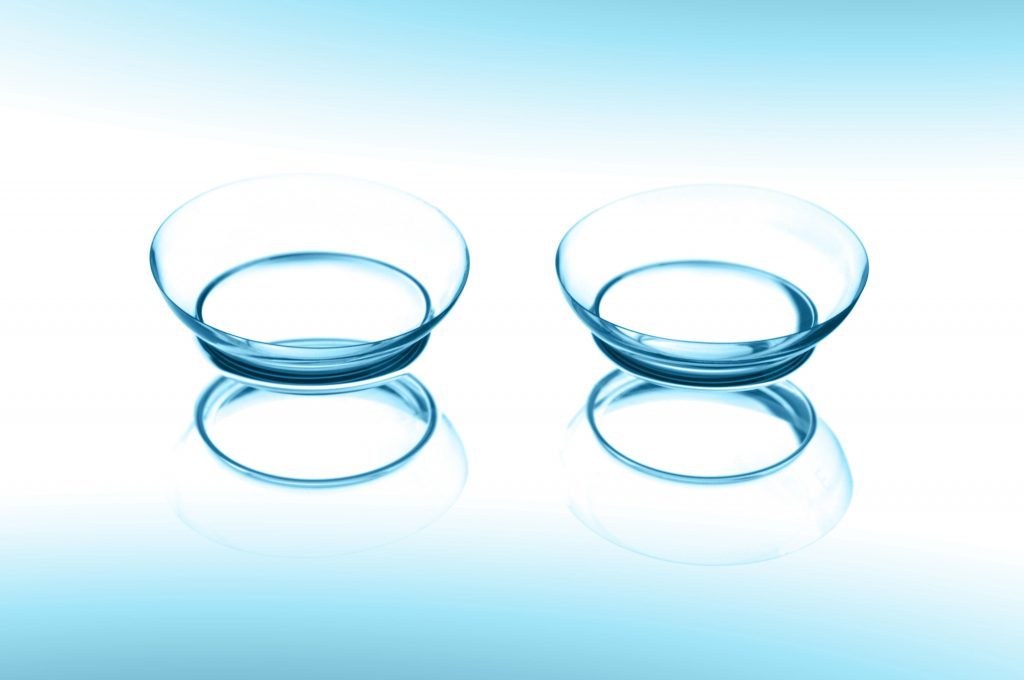Anyone who has ever worn contacts knows the importance of proper lens care. But let’s be honest – most contact wearers have, at some point, fudged on their eye doctor’s instructions for proper lens wear and care.
While frequently sleeping in contacts made for daily wear is a recipe for disaster, daily contact cleansing and disinfecting may not completely protect your eyes from bacterial infection.
According to scientists at the University of Liverpool, a certain strain of the bacterium Pseudomonas aeruginosa (P. aeruginosa) displayed a prolonged resistance to disinfecting contact lens solution. P. aeruginosa can cause bacterial keratitis, an infection of the cornea.
The findings show that the majority of P. aeruginosa strains were neutralized by the contact solution in 10 minutes, while one strain of the bacterium associated with a severe case of keratitis survived more than four hours longer in the same solution.
The American Optometric Association reports in their clinician reference guide for contact lens patient care that bacterial keratitis affects about 20 out of every 10,000 people who wear extended wear contacts. Compared to only 4 in 10,000 who use daily-wear lenses.
“Proper contact lens hygiene is an important part of overall eye health,” said Dawn Holsted, O.D., President & CEO, nJoy Vision. “The fact that the strain was neutralized just reinforces the need for proper, ongoing care.”
For people wearing daily-wear lenses, Dr. Holsted offers up the following guidelines for contact lens hygiene:
+ Routinely clean out contact lens cases and replace them every 90 days.
+ Always wash your hands before handling your contacts.
+ Rub and rinse contact lenses with solution before soaking them in fresh solution.
+ Soak them in solution all night, every night.
+ Never use tap water on your lenses.
+ Replace your contacts with a fresh pair if they start getting uncomfortable or irritating your eyes.
+ Don’t wear them longer than recommended.
For those with extended wear lenses, Dr. Holsted says to simply listen to your eyes. “Just because the box says they’re good for up to 30 days of continuous wear, it doesn’t mean your eyes will necessarily tolerate that much around-the-clock wear.”
For more about contact lens safety and care, visit the American Academy of Optometry’s contact lens safety website.


Leave a Reply